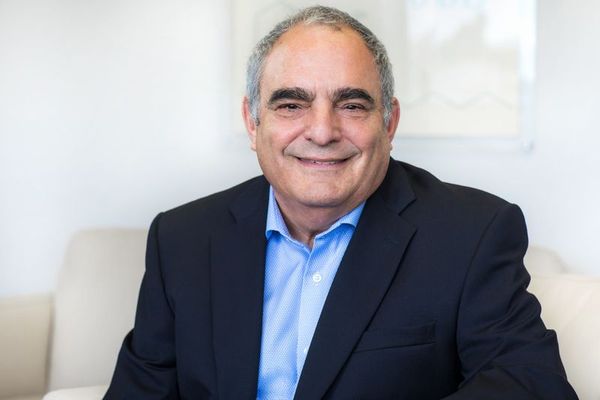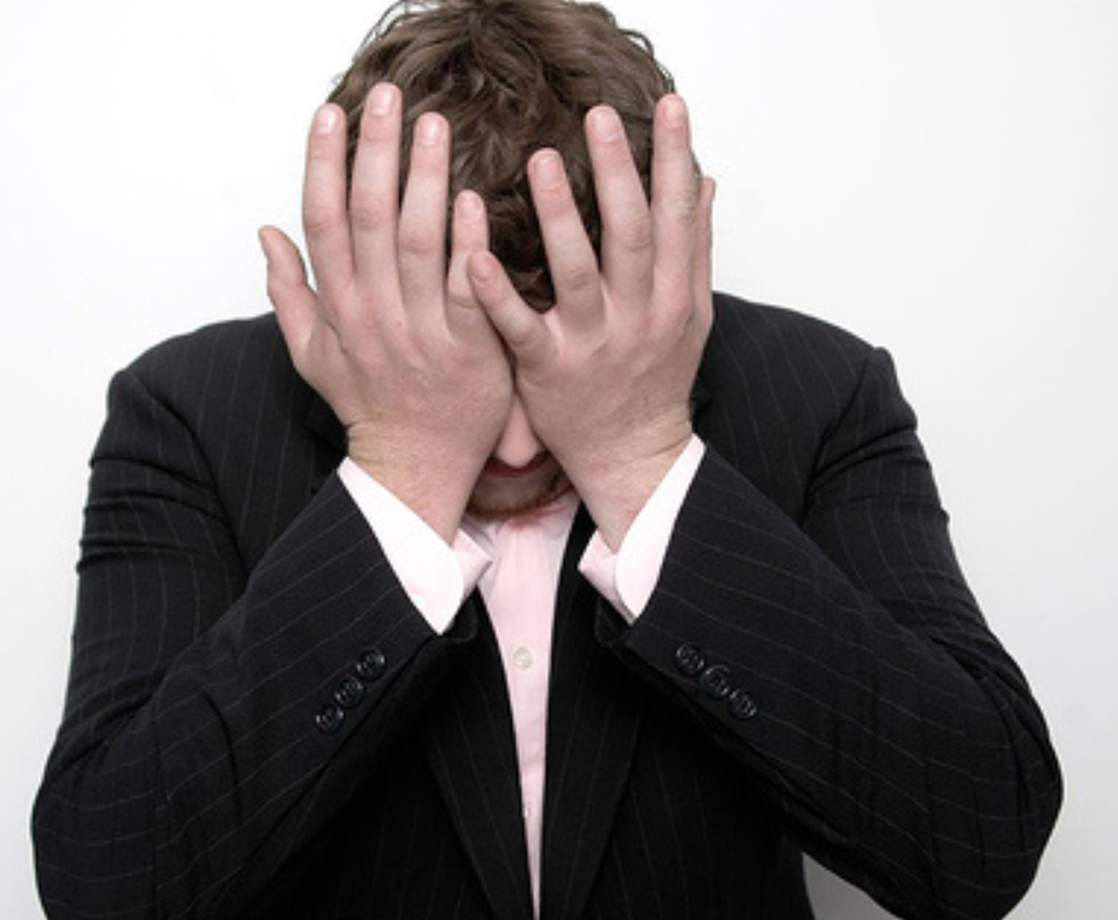Frankly, marijuana doctors don’t always have the best reputation. Before the days of recreational cannabis, getting a medical marijuana recommendation from a strip-mall “420 doc” was often the only way to legally access the sweet leaf (in states that allowed it).
Now, as public acceptance of the plant grows through the expansion of medical and adult-use cannabis programs across America, a wider range of medical professionals are taking marijuana seriously as a treatment for epilepsy, brain damage, chronic pain, and a number of other ailments. More so, the science behind marijuana as medicine is evolving rapidly, with research institutions and Big Pharma making large investments in learning more about the medicinal power of pot. Forget about picking some Bubba Kush to help you sleep — now doctors are breaking down cannabis into its chemical components to find new medications and therapies personalized for individual patients.
Dr. Allan Frankel is one of these pioneers. As the founder of GreenBridge Medical in Santa Monica, California, Dr. Frankel is on the cutting edge of cannabis medicine, developing treatment plants for his patients that entail measured doses of particular cannabinoids targeted towards specific maladies. In doing so, Dr. Frankel aims to give patients an experience closer to that of a traditional doctor’s visit, but without the numerous side effects of conventional pharmaceuticals and procedures.
Now, Dr. Frankel wants to help you use cannabis to enhance your own health. Check out his responses to some of our readers’ questions on medical marijuana below, and then learn how you can get some advice from the Doc himself…

Dr. Allan Frankel of GreenBridge Medical
Cannabis Hyperemesis Syndrome
@mikeylouer: I was diagnosed with CHS [cannabinoid hyperemesis syndrome] in ‘16, any help?
Dr. Frankel: I assume you mean you were diagnosed in 2016? CHS is becoming much more common as more users are dabbing a lot more [Ed. Note: Read more about CHS here]. It is mostly believed that cannabis hyperemesis is caused by excessive THC downregulating the CBD 1 receptor. This means the receptor is not as responsive to THC, and chronic nausea and vomiting is the result. A lot of these patients find soaking in a hot bath to be a big relief. I have either had these patients stop THC for a month or so, or add 50-50 CBD and see if this will help.
There is some new information that Neem oil, used to treat various bugs as an organic pesticide, might be a part of the syndrome, but I still believe it is mostly excessive THC.
Problems With Appetite
@rakgrl: I have hypothyroidism, and don't have an appetite, but I can't smoke enough cannabis to get the "munchies". Are there any specific cannabis products that would help with my appetite?
Dr. Frankel: I have not seen appetite issues related to hypothyroidism. Also, nearly all the time, a patient’s thyroid function can be normalized with replacement hormones. My daughter is a professor of Endocrinology and I get some updates from her all the time. So, I doubt the thyroid is the issue causing the drop in appetite.
If THC is going to help increase one’s appetite, it does not take a large dose. In fact, after a large amount of smoked THC, one’s appetite is often reduced. So, it seems that THC is not the best treatment for your appetite.
The other very common cause of a lowered appetite is anxiety. We have all experienced feeling a little upset about some issue and finding we just can’t eat. Of course, some of us do just the opposite, but most of us have experienced “stress” as a cause of a lowered appetite.
Arthritis
@Nan82930146: I have arthritis in my joints; will cannabis help relieve some of the discomfort?
Dr. Frankel: Cannabis can be very effective in treating joint pains. Often starting just with CBD can be adequate, but many patients need some THC added. In general, I would begin with CBD at a ratio of perhaps 8:1 CBD:THC and slowly add more THC, if needed, by trying a 4:1 ratio or even a 1:1 ratio if you tolerate the THC but are not feeling better. There are also many topical products available and a number of them work. I cannot suggest specific products, but check some of these topicals out.
Skin Cancer
@MouseThunderPaw: I saw a research report saying cannabis can cure skin cancer by causing cancerous cells to cannibalize themselves. What do you know about this, and which is best to administer?…tincture?
Dr. Frankel: I have seen a lot of great results by using cannabis oils. Cannabis waxes are also terrific but not very available. The waxes are a byproduct of extractions and they are generally disposed of. I think using a THC oil, applied at night and covered with a bandaid generally works well after some weeks.
Dementia
@RaynesMitch: what are your thoughts on introducing medicinal marijuana to people in late stages of dementia?
Dr. Frankel: There is good data showing that CBD can help prevent Alzheimer's. In fact, the federal government has a patent on CBD in preventing Alzheimer’s Disease. We have seen some success using CBD in the very early stages. In the late stages, I have seen CBD — perhaps at doses around 15 mg per day — help with the agitation and anxiety, but I have not seen any improvement in memory or cognitive function when started at late stages.
Brain Damage?
@HippiePrices11: I occasionally blackout on really strong hits, do i need to worry about brain damage? I smoked my whole life, hippie commune, what long-term effects might it have…#lilLATE #Snoop20
Dr. Frankel: I doubt there will be any long-term effects, but taking hits strong enough to pass out just cannot be a good idea. If nothing else, you might fall and injure yourself! Most likely your oxygen level falling is not the cause of passing out, as we can hold our breath for a minute or more and not pass out. However, when you take really big hits, you are probably triggering a “vasovagal” episode, which drops your blood pressure.
Again, I doubt there can be long-term brain damage, but at least do your smoking sitting down. 🙂
***
Now, we want to hear from you: What do you want to know about medical cannabis? Have you wondered how it could be used to treat a nagging health problem, or simply increase your general wellness? We’ll choose select questions for Dr. Frankel to address in upcoming editions of “Ask a Pot Doc” — so don’t wait! The future of cannabis medicine has arrived, and we should all be talking about it.
Hit us up on Facebook, Twitter, and Instagram with your queries on health and herb using the tag #AskAPotDoc, so we can unpack the power of plant medicine for everyone.
Disclaimer: This column is not intended to be a substitute for personalized medical advice, diagnosis, or treatment from a certified professional. Always seek the advice of your physician or other qualified health provider with any questions you may have regarding a medical ailment or treatment and before undertaking a new health care regimen.











